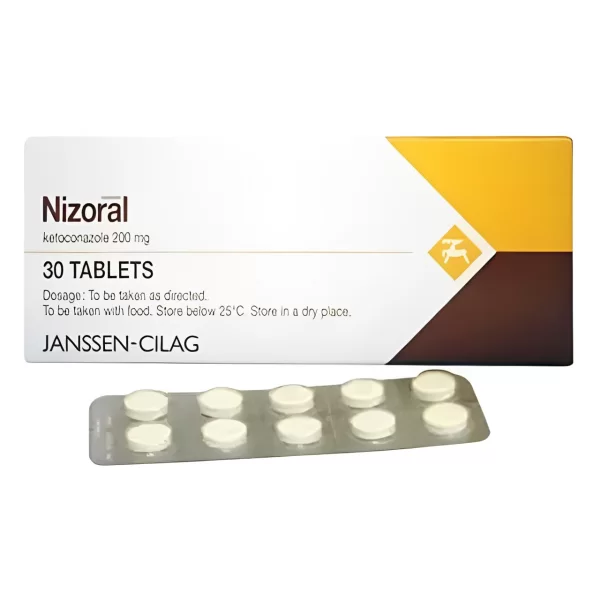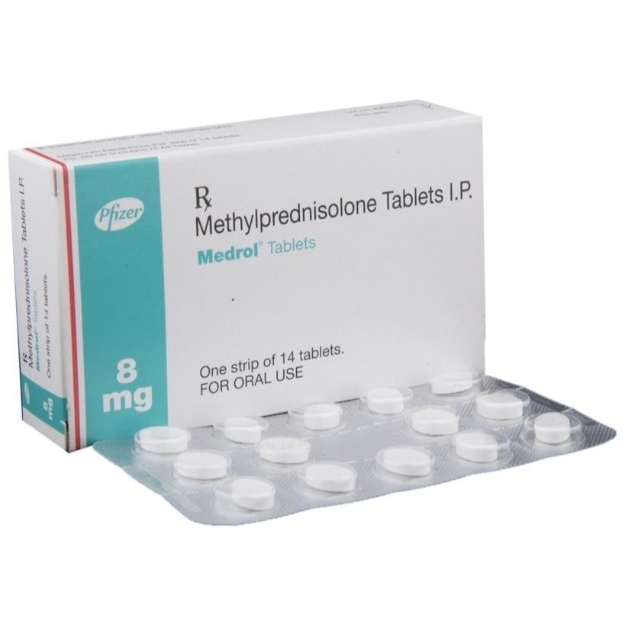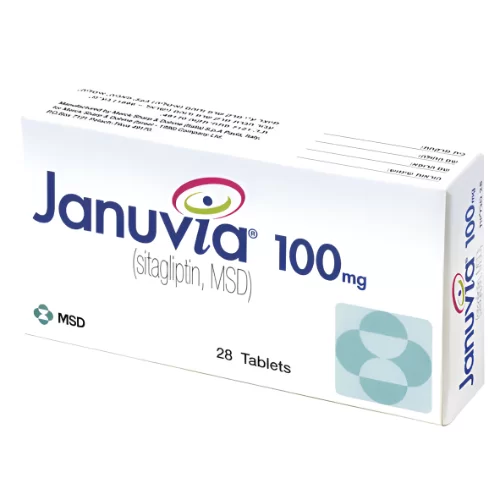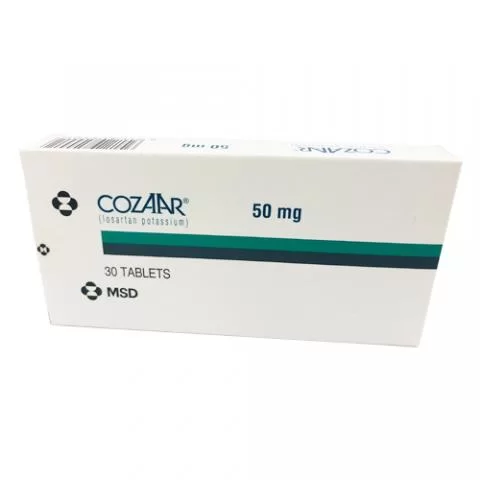
Metformin
Metformin - 850mg
| Product | Per Pill | Savings | Per Pack | Order |
|---|---|---|---|---|
| 60 pills | $0.75 | $44.89 | Buy Now | |
| 90 pills | $0.66 | $7.54 | $67.33 $59.79 | Buy Now |
| 120 pills | $0.62 | $15.08 | $89.77 $74.69 | Buy Now |
| 180 pills | $0.58 | $30.16 | $134.66 $104.50 | Buy Now |
| 270 pills | $0.55 | $52.79 | $202.00 $149.21 | Buy Now |
| 360 pills | $0.54 | $75.41 | $269.32 $193.91 | Buy Now |
Metformin - 500mg
Overview of Metformin
General Introduction to Metformin
- Metformin is an oral antihyperglycemic agent belonging to the biguanide class, primarily used to manage type 2 diabetes mellitus. It was introduced in the 1950s and has since become one of the most widely prescribed medications for diabetes. Metformin works by improving insulin sensitivity, decreasing hepatic glucose production, and enhancing peripheral glucose uptake. It is commonly used as a first-line therapy for type 2 diabetes and is also used in polycystic ovary syndrome (PCOS) and weight management in prediabetic patients.
Key Benefits and Unique Properties of Metformin
- Blood Glucose Control: Effectively lowers blood glucose levels by reducing hepatic glucose production and improving insulin sensitivity.
- Weight Neutral or Weight Loss: Unlike some diabetes medications, Metformin is often associated with weight neutrality or modest weight loss.
- Cardiovascular Benefits: Reduces the risk of cardiovascular events in diabetic patients.
- PCOS Management: Used to manage symptoms of polycystic ovary syndrome, such as irregular menstrual cycles and insulin resistance.
- Low Risk of Hypoglycemia: Has a low risk of causing hypoglycemia compared to other diabetes medications.
- Affordable and Accessible: Widely available and cost-effective, making it accessible for most patients.
Effectiveness of Metformin
- Clinical studies have demonstrated that Metformin effectively lowers HbA1c levels by about 1-2%. It is particularly effective when used in combination with lifestyle modifications such as diet and exercise. Metformin also reduces the risk of diabetes-related complications and cardiovascular events.
Safety and Tolerability of Metformin
- Metformin is generally well-tolerated, with gastrointestinal side effects being the most common. These include nausea, diarrhea, and abdominal discomfort, which often subside over time. Rarely, Metformin can cause lactic acidosis, a serious condition that requires immediate medical attention. Regular monitoring and adherence to prescribed dosages help mitigate these risks.
Indications for Use of Metformin
Diseases and Conditions Treated by Metformin
- Metformin is indicated for the treatment of type 2 diabetes mellitus. It is also used off-label for the management of polycystic ovary syndrome (PCOS) and for weight management in prediabetic patients.
Primary Symptoms and Indications for Metformin
- Type 2 Diabetes: Lowers blood glucose levels and improves HbA1c, reducing the risk of diabetes-related complications.
- Prediabetes: Helps prevent the progression from prediabetes to type 2 diabetes.
- Polycystic Ovary Syndrome (PCOS): Improves insulin sensitivity, regularizes menstrual cycles, and aids in weight management.
Dosage and Administration of Metformin
Recommended Dosage of Metformin
- The usual starting dose for Metformin is 500 mg taken once or twice daily with meals. The dose can be gradually increased to a maximum of 2000-2500 mg per day, depending on patient tolerance and glycemic control.
Timing and Frequency of Metformin Administration
- With Meals: Metformin should be taken with meals to reduce gastrointestinal side effects.
- Gradual Dose Increase: Start with a low dose and gradually increase to minimize gastrointestinal discomfort.
Additional Recommendations for Metformin Use
- Proper Use: Follow the dosing instructions provided by a healthcare professional. Do not skip doses or discontinue use without consulting your healthcare provider.
- Missed Dose: If a dose is missed, take it as soon as remembered unless it is almost time for the next dose. Do not double the dose to make up for the missed one.
- Monitoring: Regular blood glucose and HbA1c monitoring are recommended to ensure efficacy and safety.
Mechanism of Action of Metformin
Description of Metformin Mechanism
- Metformin works by reducing hepatic glucose production, decreasing intestinal absorption of glucose, and improving insulin sensitivity by increasing peripheral glucose uptake and utilization.
Biochemical Processes Involving Metformin
- Activation of AMP-Activated Protein Kinase (AMPK): Metformin activates AMPK, a key regulator of glucose and lipid metabolism, leading to decreased hepatic gluconeogenesis and increased insulin sensitivity.
- Reduction of Gluconeogenesis: Suppresses glucose production in the liver by inhibiting mitochondrial respiratory chain complex I.
- Improved Insulin Sensitivity: Enhances the action of insulin in peripheral tissues, promoting glucose uptake and utilization.
Physiological Effects of Metformin
- Blood Glucose Reduction: Lowers fasting and postprandial blood glucose levels.
- Weight Management: Helps with weight loss or maintenance by reducing insulin levels and improving metabolic parameters.
- Improved Lipid Profile: Reduces serum triglycerides and LDL cholesterol levels.
Composition of Metformin
Active Ingredients in Metformin
- The active ingredient in Metformin is metformin hydrochloride.
Inactive Ingredients in Metformin
- Inactive ingredients may include povidone, magnesium stearate, microcrystalline cellulose, and other excipients depending on the formulation. These ingredients help stabilize the formulation and ensure proper delivery of the medication.
Side Effects of Metformin
General Introduction
- Understanding potential side effects helps ensure the safe use of Metformin. Patients should be aware of common and serious side effects to monitor their health effectively while on the medication.
Possible Side Effects of Metformin
- Common Side Effects: Gastrointestinal disturbances such as nausea, diarrhea, and abdominal discomfort.
- Less Common Side Effects: Vitamin B12 deficiency with long-term use.
- Serious Side Effects: Rare but serious side effects include lactic acidosis, a potentially life-threatening condition characterized by muscle pain, difficulty breathing, and severe fatigue.
Frequency and Severity of Metformin Side Effects
- Common side effects are generally mild and transient, typically resolving with continued use. Serious side effects are rare but require immediate medical attention. Regular follow-ups and patient education on correct usage can minimize risks.
Prevention of Side Effects of Metformin
General Introduction
- Preventing side effects is key to maximizing the therapeutic benefits of Metformin. By following preventive measures, patients can reduce the likelihood of experiencing adverse reactions.
Tips for Preventing Metformin Side Effects
- Proper Technique: Use Metformin as directed, following the instructions for proper administration.
- Gradual Dose Increase: Start with a low dose and gradually increase to minimize gastrointestinal discomfort.
- Regular Monitoring: Regular check-ups with healthcare providers can help detect and manage potential side effects early.
- Dietary Adjustments: Maintain a balanced diet and adequate hydration to support overall health.
- Vitamin B12 Supplementation: Consider B12 supplementation if long-term use is anticipated to prevent deficiency.
- Consult Healthcare Providers: Inform your healthcare provider about any other medications or supplements to avoid potential interactions.
Contraindications for Metformin
General Introduction
- Understanding contraindications ensures the safe use of Metformin. Certain conditions and diseases may preclude the use of this medication.
Conditions and Diseases Contraindicating Metformin
- Severe Renal Impairment: Contraindicated in patients with severe renal impairment (eGFR < 30 mL/min/1.73 m²) due to the risk of lactic acidosis.
- Metabolic Acidosis: Should not be used in patients with acute or chronic metabolic acidosis, including diabetic ketoacidosis.
- Hypersensitivity: Patients with a known hypersensitivity to Metformin or any of its components should not use this medication. Allergic reactions can include symptoms such as rash, itching, swelling, and difficulty breathing.
Warnings/Precautions for Metformin
General Introduction
- Following precautions is essential to ensure the safe and effective use of Metformin. Patients should be informed about potential risks and how to mitigate them.
Important Warnings for Metformin
- Lactic Acidosis Risk: Monitor for signs of lactic acidosis, especially in patients with renal impairment or other risk factors.
- Renal Function Monitoring: Regularly monitor renal function to ensure safe use, particularly in older adults and those with kidney disease.
- B12 Levels: Monitor vitamin B12 levels periodically to prevent deficiency with long-term use.
Precautions for Metformin Use
- Regular Monitoring: Regular check-ups with healthcare providers are essential to monitor for potential side effects and ensure effective treatment.
- Patient Education: Patients should be educated on the proper use of Metformin, recognizing signs of serious side effects, and when to seek medical help.
Missed Dose of Metformin
General Introduction
- Proper management of missed doses helps maintain effective treatment outcomes. Patients should be aware of how to handle missed doses to avoid disruptions in their treatment regimen.
Steps to Take if a Dose is Missed
- Timely Action: Take the missed dose as soon as remembered unless it is almost time for the next dose.
- Avoid Doubling: Do not double the dose to make up for the missed one. Instead, continue with the next dose as scheduled.
Tips for Adherence to Dosing Schedule
- Set Reminders: Use alarms or reminders on your phone to remember to take your doses.
- Consistent Routine: Take the medication at the same time every day to reduce the likelihood of missing a dose.
- Medication Organizer: Use a pill organizer to keep trackof your doses and avoid missing any.
Drug Interactions with Metformin
General Introduction
- Understanding drug interactions is crucial for ensuring the safe use of Metformin. Some medications can affect the action of Metformin or increase the risk of side effects.
Examples of Drug Interactions
- Diuretics: Thiazide diuretics can increase blood glucose levels, potentially reducing the effectiveness of Metformin.
- Corticosteroids: Long-term use of corticosteroids can elevate blood glucose levels, requiring closer monitoring.
- Beta-Blockers: Can mask the symptoms of hypoglycemia, necessitating careful blood glucose monitoring.
- ACE Inhibitors: May increase the glucose-lowering effect of Metformin, requiring dose adjustments.
Preventing Negative Interactions
- Inform Healthcare Providers: Inform your healthcare provider about all medications and supplements you are taking.
- Monitor for Symptoms: Watch for signs of side effects or unusual reactions and report them to your healthcare provider promptly.
Overdose of Metformin
Symptoms of Overdose
- Common Symptoms: Overdose can lead to symptoms such as nausea, vomiting, diarrhea, and abdominal pain.
- Severe Symptoms: Severe overdose may result in lactic acidosis, characterized by muscle pain, difficulty breathing, severe fatigue, and abdominal discomfort.
Immediate Actions in Case of Overdose
- Seek Medical Help: Immediately seek medical attention if an overdose is suspected.
- Supportive Measures: Medical personnel may provide supportive measures such as intravenous fluids, monitoring of vital signs, and treatment for lactic acidosis if necessary.
Pharmacokinetics of Metformin
Absorption
- Rate and Extent: Metformin is absorbed from the gastrointestinal tract, with peak plasma concentrations occurring within 2-3 hours for immediate-release tablets and 4-8 hours for extended-release tablets.
Distribution
- Tissue Distribution: Metformin is distributed in body tissues, with a particular affinity for the liver, kidneys, and muscle tissues.
Metabolism
- Metabolic Pathways: Metformin is not metabolized by the liver. It is excreted unchanged in the urine.
Elimination
- Excretion: Excreted primarily by the kidneys. The elimination half-life of Metformin is approximately 6.2 hours.
Dosage Forms of Metformin
Available Forms and Strengths
- Oral Tablets: Available in immediate-release and extended-release formulations, with strengths ranging from 500 mg to 1000 mg.
- Liquid Solutions: Available for patients who have difficulty swallowing tablets.
Advantages of Different Forms
- Immediate-Release Tablets: Provide quick onset of action, suitable for patients who need rapid blood glucose control.
- Extended-Release Tablets: Offer a longer duration of action, allowing for once-daily dosing and improved gastrointestinal tolerability.
- Liquid Solutions: Provide dosing flexibility and are useful for patients with swallowing difficulties.
Pregnancy and Breastfeeding
Safety During Pregnancy
- Risks to Fetus: Metformin is generally considered safe for use during pregnancy. It is often used to manage gestational diabetes.
- Recommendations: Pregnant women should use Metformin under the guidance of a healthcare provider, with regular monitoring of blood glucose levels.
Safety During Breastfeeding
- Excretion in Breast Milk: Metformin is excreted in breast milk in small amounts, but it is generally considered safe for breastfeeding mothers.
- Recommendations: Breastfeeding mothers should consult their healthcare provider before using Metformin and monitor the infant for potential adverse effects.
Storage Conditions
General Storage Recommendations
- Storage Temperature: Store at room temperature between 20°C to 25°C (68°F to 77°F).
- Protection from Light and Moisture: Keep in the original packaging, protected from light and moisture.
Shelf Life
- Expiration Date: Check the expiration date on the package and do not use the medication after it has expired.
Clinical Trials and Efficacy
Overview of Clinical Trials
- Study Design and Methods: Clinical trials include randomized controlled trials assessing the efficacy and safety of Metformin in managing type 2 diabetes and other conditions.
Key Findings and Conclusions
- Efficacy Results: Studies have shown that Metformin effectively lowers HbA1c levels, reduces the risk of diabetes-related complications, and has a beneficial effect on cardiovascular health.
- Safety Profile: Side effects are generally mild and manageable with dose adjustments and monitoring. Serious side effects are rare when used correctly.
Conclusion
Summary of Key Aspects:
- Metformin is a cornerstone medication for managing type 2 diabetes, offering significant benefits in blood glucose control, weight management, and cardiovascular health. It is also used in the management of prediabetes and polycystic ovary syndrome.
Recommendations for Improving Therapy:
- Follow healthcare professional instructions, adhere to prescribed dosages, and attend regular check-ups to optimize treatment and minimize side effects. Monitoring and adjusting lifestyle factors, such as diet and exercise, can further enhance the therapeutic benefits.
Final Conclusion:
- Metformin provides essential support in managing type 2 diabetes and related conditions, helping to improve the quality of life for patients. Proper use and adherence to precautions maximize the therapeutic benefits and minimize risks, offering substantial improvements in patient health and well-being.




